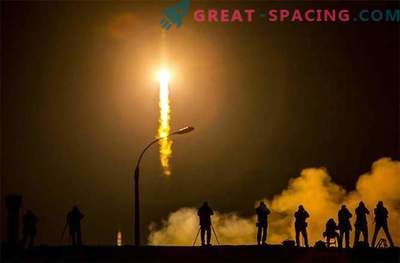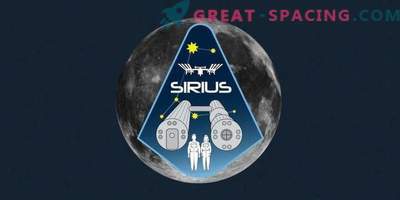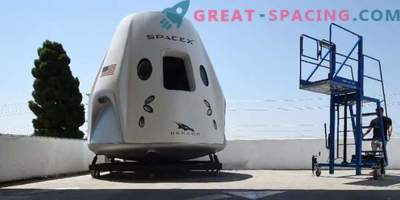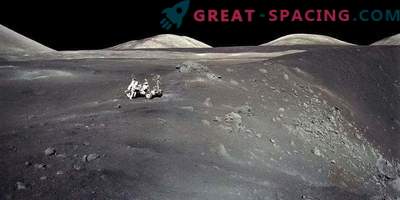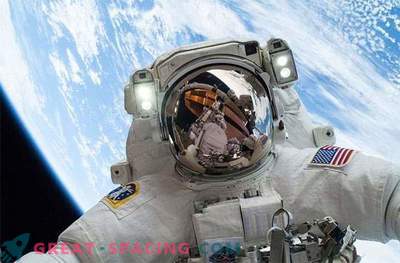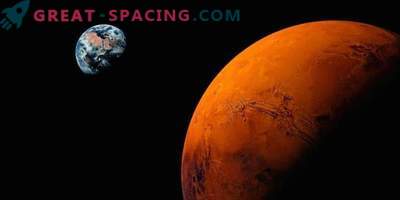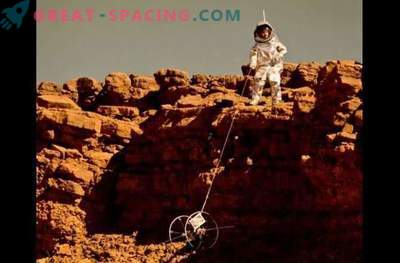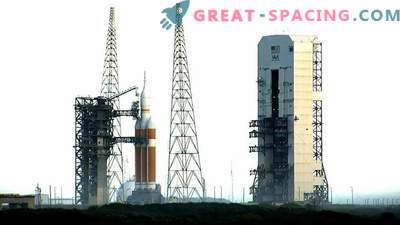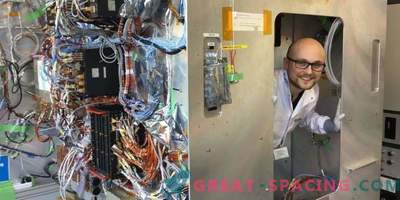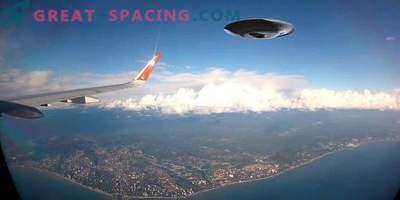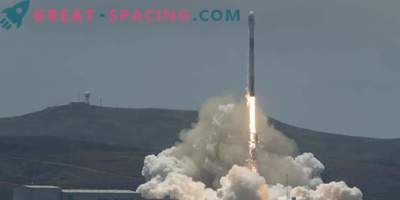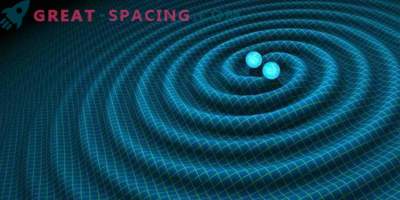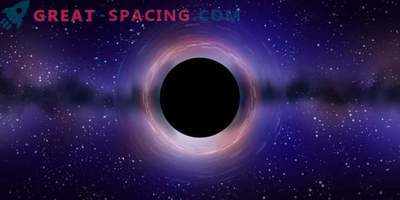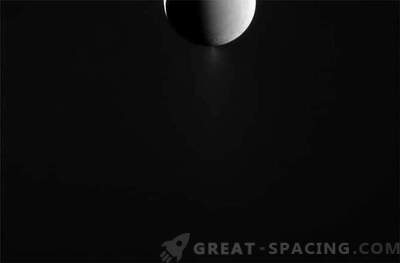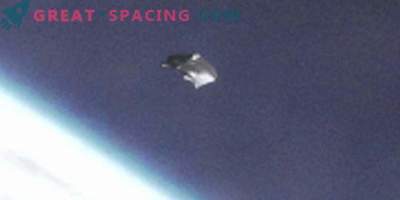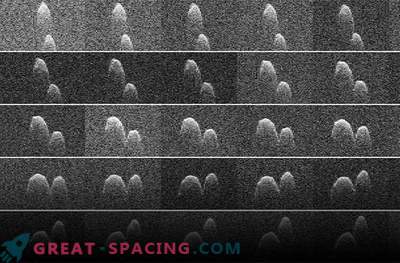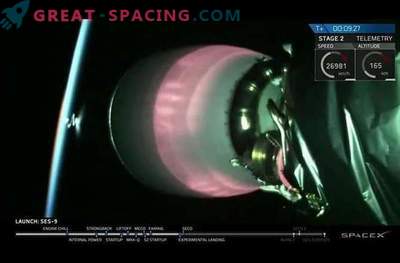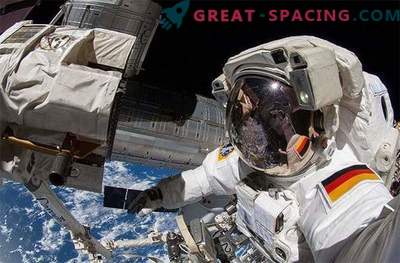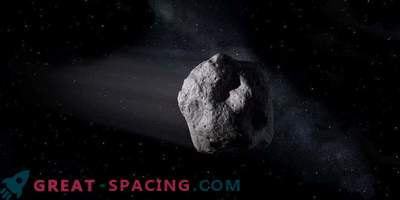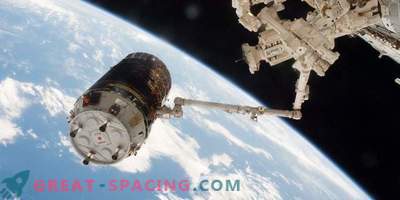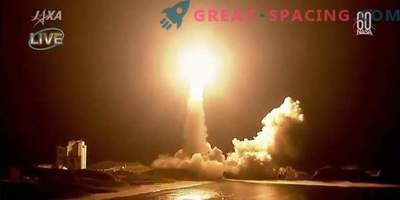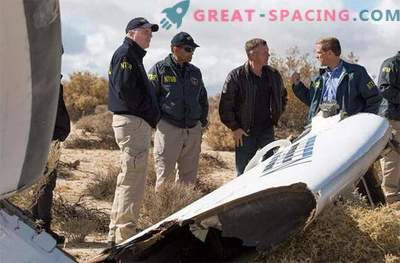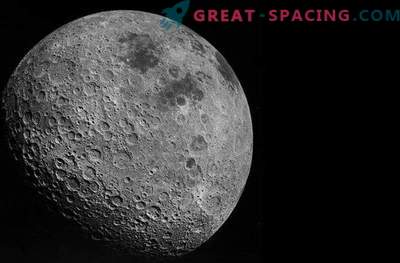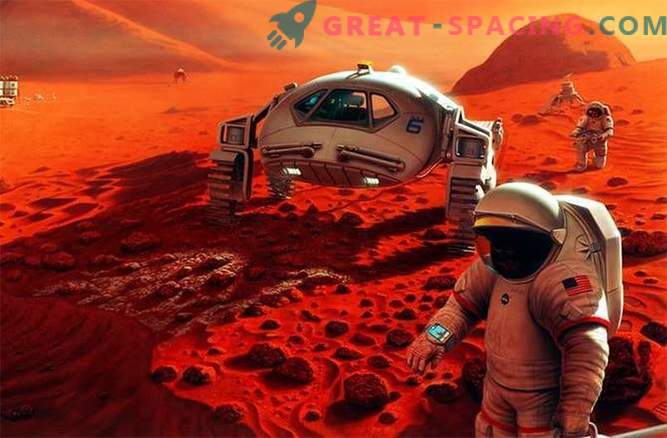
Today, NASA has not yet developed an active program to conquer Mars by man, but hopes to do so in the near future (perhaps the agency’s experts will be helped by watching the Martian film about the struggle for the survival of the main character Mark Watney). The participant of the future expedition, planned for the end of the 2020s, will be the Orion spacecraft, which will lead astronauts beyond the limits of the low earth orbit.
As soon as people leave the orbit of the moon, the real difficulties will begin. The greater the distance to the Earth, the greater the gap in the delivery of messages, the harder it is to turn around and return home, the space becomes more “empty”, since there are no celestial phenomena far from the planet that can entertain astronauts during the flight.
What difficulties await such an expedition? Two retired NASA astronauts, both on the International Space Station for a long time, answered this question with very different answers. Clayton Anderson, crew member of the ISS-15 and ISS-16, held in 2007, said that completely different people should participate in the expedition, while Steve Swanson, crew member of the ISS-39 and ISS-49 in 2014, states that for such a flight, NASA should select participants who are not too different from each other.
“(To Mars) there is no need to fly a fighter pilot. An astronaut does not have to be a Ph.D. Although their presence would not hurt, "- said Anderson to the correspondent, -" I think that we should choose people who are specialists in several areas at once. " Anderson said that during the five months that he spent at the station (about which his new book “Ordinary Astronaut” was written), he sometimes felt frustrated by involuntarily infecting ground controllers or crew members. Compatibility of crew members will be paramount since they will be isolated from Earth, he said. According to him, the crew commanders should not be dictators, but coaches who can resolve any contradictions that have arisen.
Stress, he added, can cause people to do unexpected things, similar to those committed in the army. “These people will be in extreme conditions, and no one knows what hidden qualities of character can manifest themselves in such circumstances.”
For these reasons, Anderson believes that NASA may need to revise the principles for selecting people, and not to select only space science specialists, such as astrophysics. People who can, for example, repair something during a flight, will be no less useful. He added that the agency should do everything so that people are not afraid to discuss their fears before the flight, not fearing that they will be left on Earth forever, without providing an opportunity to take part in future expeditions.
Swanson, who left NASA in August and works at the University of Idaho, USA, said that the agency is already trying to solve some of these problems associated with isolation. At the station, he participated in a temporarily suspended experiment, where astronauts had to independently perform several tasks. And today when choosing astronauts, the main criterion is not their knowledge, but their ability to learn and work in a team. “The ideal astronaut is the one who knows how to work in a team, calmly transfers nervous tension, his actions are worked out to automatism, and his movements are smooth,” said Swanson to a correspondent.
Before going on a long expedition beyond the limits of the earth's orbit, Swanson added, astronauts will be told what damage can be fixed during the flight, and in which case they will have to return to Earth (having received the appropriate command). The crew commander should be ready to spend more time with his people, because they will not be able to communicate with those who remained on Earth.
As for the other unknowns - the psychological or physical problems of Mars, with which we are not familiar yet, Swanson said that NASA is always trying to think a few steps ahead. There are open-ended questions, such as food supplies for three years ahead, or keeping the astronauts in the presence of the spirit without lively communication with their families. “This is a great job,” he said, adding that it would take some time to plan this expedition.
The NASA adviser said that the physical requirements for astronauts who fly on Orion will be the same as for the shuttle crew or the ISS, but did not specify whether the selection criteria for astronauts will change fundamentally.
